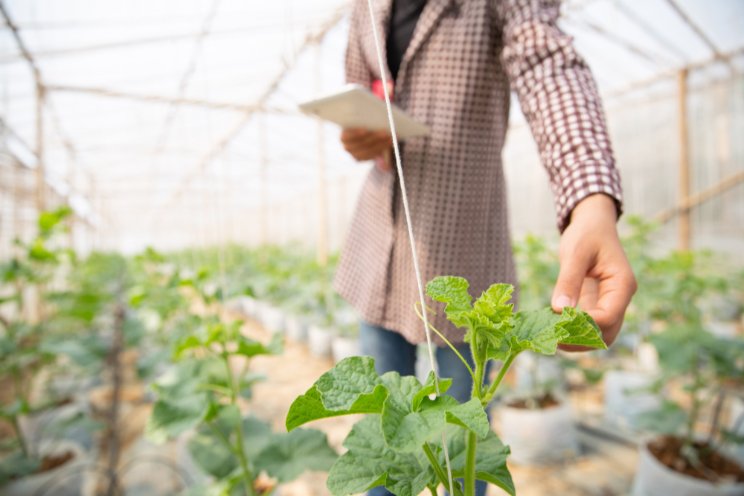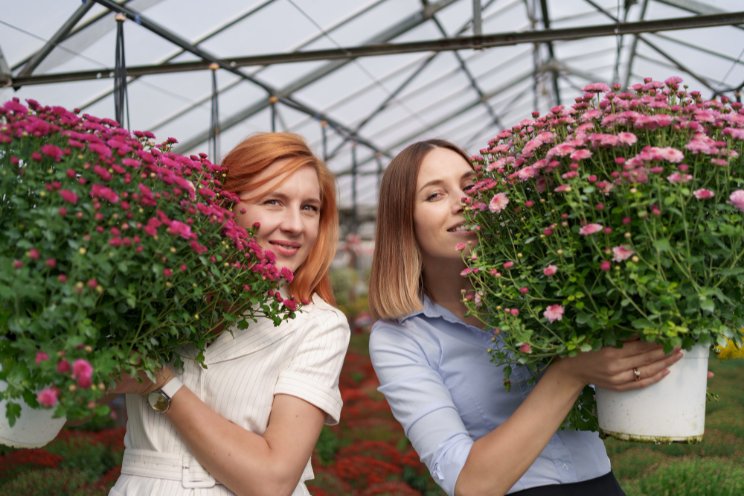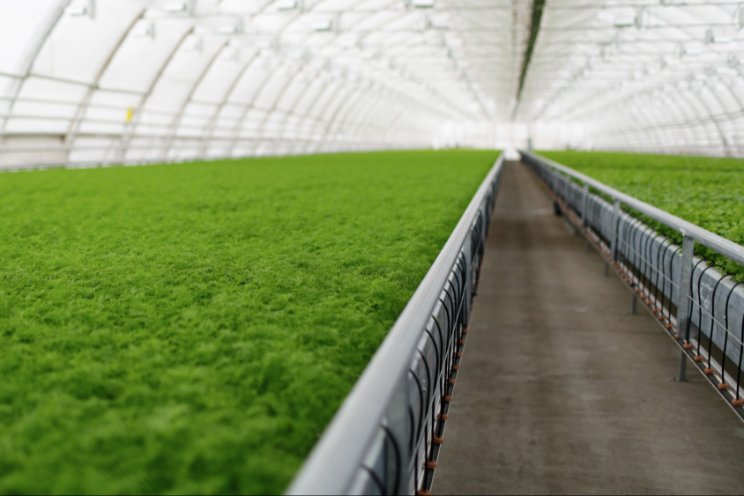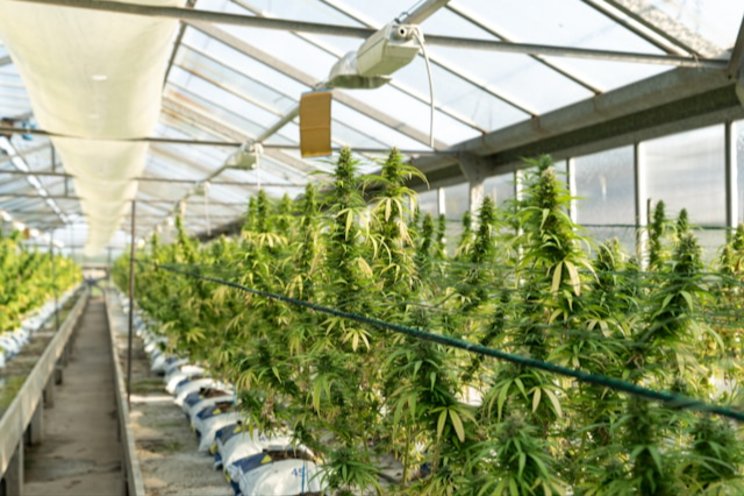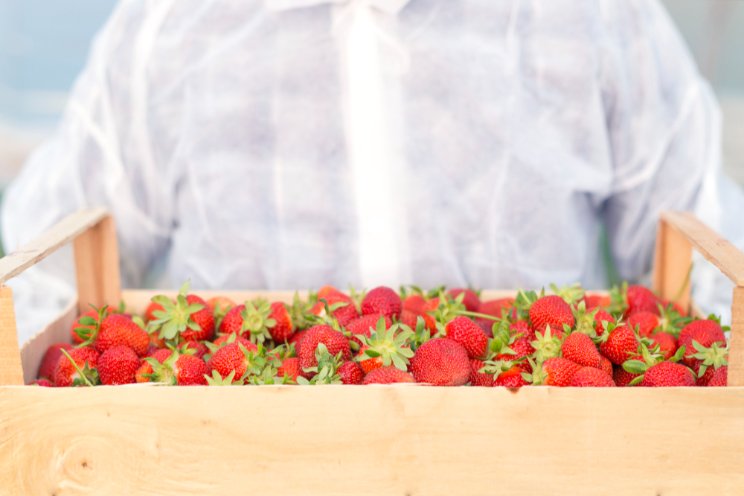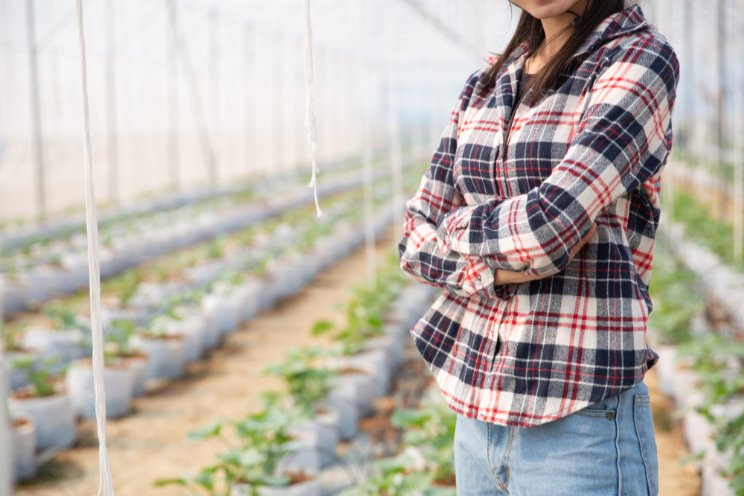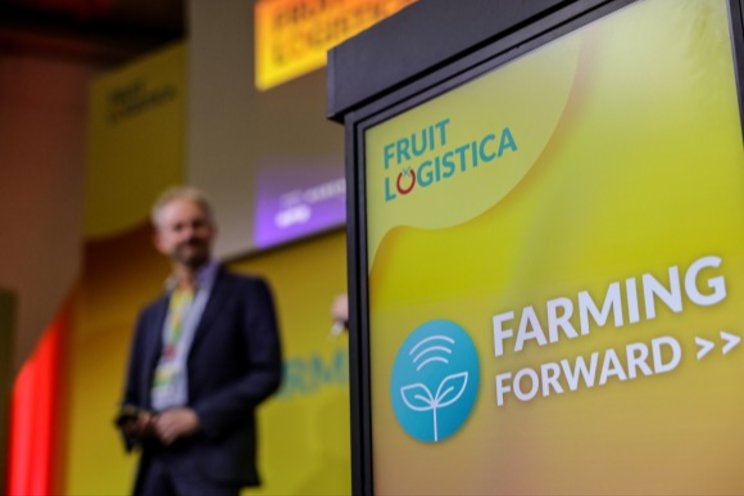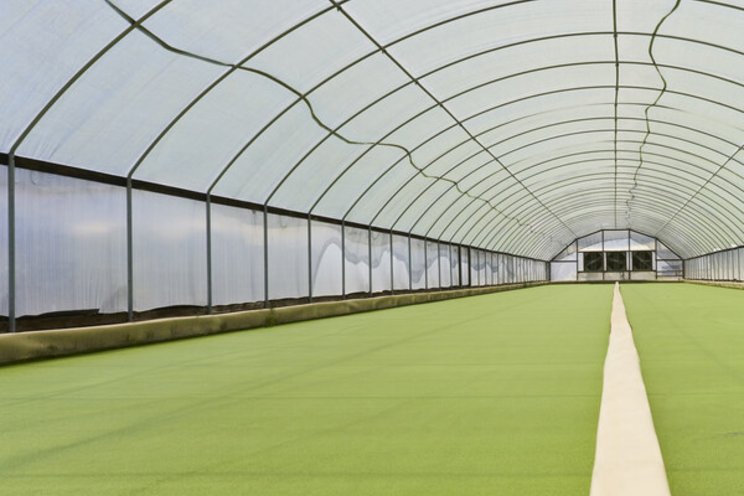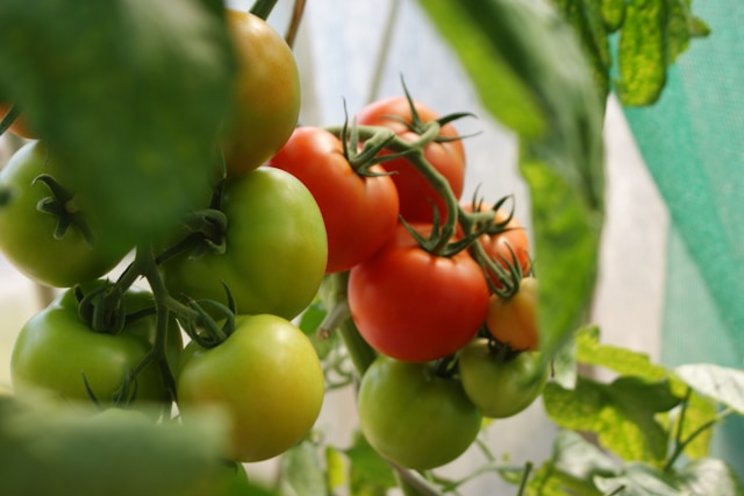Facing future in the land of no rain
Added on 07 September 2020

In a large greenhouse near the town of Madaba, rows of strawberries are growing a foot off the ground. This is a hydroponic farm. The plants are not growing in soil but rather in slabs of coco peat—a medium made from coconut husks—that are irrigated with carefully calibrated doses of water and fertilizer.
Photo created by stockking - freepik
"This is the way to go, this is the future," says Nabil Essa, a technical manager at ECO Consult, a development consultancy that is managing a program, funded by the Dutch government, to promote hydroponic and efficient farming.
The Madaba facility, Al Jabaly farm, has a state-of-the art greenhouse in which temperature and humidity are calibrated and monitored. A system like this can use 60 to 80 percent less water than traditional irrigation; run-off water is reused to water nearby fruit trees.
This system cost half a million euros to build—an investment that can be recouped in about six years. Of course, few farmers can afford this. So ECO Consult also proposes two smaller hydroponic systems which still conserve water but rely on simpler and less expensive technology.
"It's very important to shift behavior," says Lina Baj, a project manager at ECO Consult. "Farmers need to say, Now I am willing to try it out, I am willing to change. But farmers face many challenges: access to financing, information, incentives."
For now, hydroponics account for less than 1 percent of Jordan's agriculture. As with other shifts in water use, widespread adoption of this technology requires strong government intervention and support. The team at ECO Consult were excited by the fact that the minister of agriculture had recently mentioned hydroponics as part of the government's plans to support and develop the agricultural sector.
"It's very important to shift behavior. Farmers need to say, Now I am willing to try it out, I am willing to change. But farmers face many challenges: access to financing, information, incentives," said Lina Baj, a project manager at ECO Consult
There are also plans to create hydroponics knowledge innovation centers at Jordan University of Science and Technology, the University of Jordan and the National Agricultural Research Center, which would include demonstration sites, training, seed trials, and research.
"It's important to give water a value," says Baj. "We have a lot of data, but it's not always transformed into knowledge and solutions."
Source: HAED-Jo
Photo created by jcomp -freepik
Source: HAED-Jo
More news
